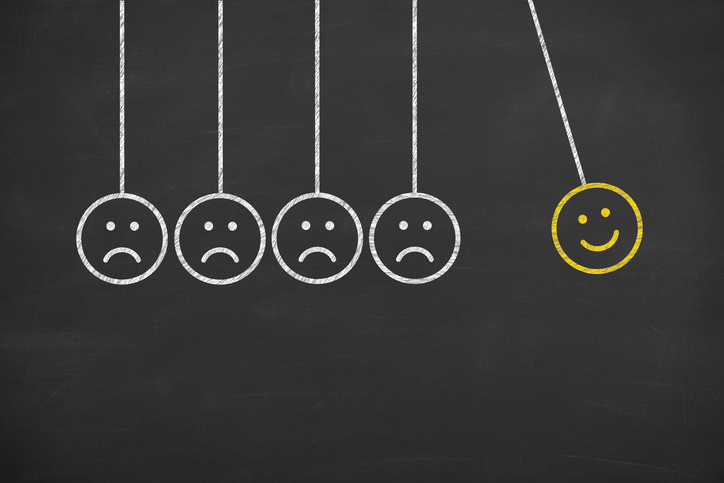
In an era dominated by digital platforms, the internet has become a double-edged sword, offering vast opportunities for learning, connection, and entertainment, but also presenting significant challenges to mental health. The digital age, with its 24/7 access to social media, has introduced new forms of stress and trauma, particularly among young people.
Cyberbullying, online harassment, and the pressure to conform to unrealistic standards online can lead to long-lasting psychological impacts. Understanding these effects and seeking appropriate support, such as trauma counselling, is crucial in navigating the complexities of our modern world.
The Rise of Cyberbullying and Online Harassment
Cyberbullying has emerged as a significant concern, affecting individuals across all age groups but particularly detrimental to adolescents and young adults. Unlike traditional bullying, cyberbullying does not require physical presence; it can reach its target anywhere, anytime, magnifying its impact. The anonymity of the internet also emboldens perpetrators, leading to more severe harassment. Victims often experience a range of emotions, including fear, shame, and isolation, which can escalate into more severe mental health issues like anxiety, depression, and even suicidal ideation.
The Psychological Impact of Social Media
Social media platforms, while designed to connect us, can sometimes deepen feelings of loneliness and inadequacy. Constant exposure to curated highlights of others’ lives can skew perceptions of reality, leading to decreased self-esteem and body image issues. This “comparison culture” fosters a cycle of negative self-evaluation and dissatisfaction, contributing to mental health struggles. Additionally, the pressure to maintain a certain online image can be exhausting, leaving little room for genuine self-expression and connection.
Strategies for Mitigation and Support
- Recognising the Signs: The first step in combatting the adverse effects of cyberbullying and social media is recognising the signs of distress. Changes in behaviour, withdrawal from social activities, unexplained anger or sadness, and declining academic performance can all indicate that someone is struggling.
- Establishing Healthy Digital Habits: Setting boundaries around digital device usage, encouraging digital detox periods, and promoting open conversations about online experiences can help mitigate the negative impact of social media and cyberbullying. Educating children and teenagers about safe online practices and encouraging empathy and kindness can also contribute to a more positive online environment.
- Seeking Professional Support: For those experiencing significant distress, seeking professional support can be a vital step in the healing process. Trauma counselling can provide a safe space to explore feelings of hurt and confusion, develop coping strategies, and start the journey towards recovery. Counselling services specialise in helping individuals understand and process their experiences, facilitating a path to emotional resilience and wellbeing.
The digital age, while offering unparalleled opportunities for connection and growth, also presents new challenges to our mental health
The impact of social media and cyberbullying can be profound, leading to significant psychological distress. However, by fostering awareness, promoting healthy digital habits, and seeking appropriate support when needed, we can navigate these challenges more effectively. Remember, it’s okay to seek help, and taking the step towards healing is a sign of strength. In a world that’s increasingly online, let’s prioritise mental health with the same urgency and importance as our physical wellbeing.






